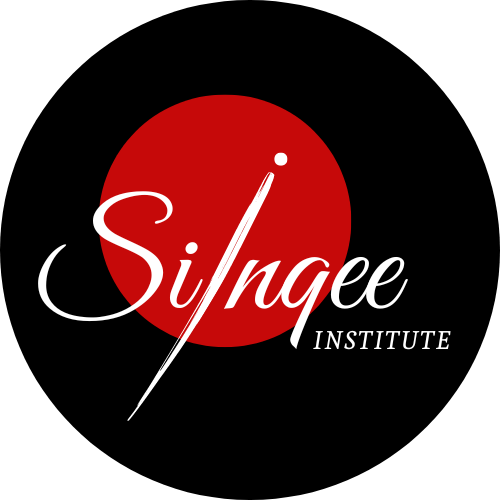Between Two Worlds
Community Healing
Wounds of the gut, wounds of the soul: youth violence and community healing
Kumsa, M. K. (2010). Wounds of the gut, wounds of the soul: Youth violence and community healing among Oromos in Toronto. Canadian Social Work Journal, 12 (1), 123 - 130.
An academic article focusing on a participatory action research project conducted within the Oromo community in Toronto to address youth violence and its root causes. It explores how a series of tragic incidents galvanized the community to understand and combat alienation, which is identified as the primary driver of youth struggles. The article details the project's transition into a youth-led initiative called Heal and Connect, a multi-layered program aimed at reconnecting Oromo youth to their homeland, mainstream Canadian society, families, peers, and their sense of self. The article proposes implications for social work policy and practice regarding newcomer settlement in the context of glocalization.
Participatory Action Research
The article is based on Participatory Action Research (PAR) - Youth Violence and Community Healing: The Oromo Community of Toronto, 2005-2010
Kumsa M. K. with Abdulhamid Mohamed, Abdul Omer, Aberra Makonnen, Anaf Lello Wako, Aysha Guysa, Bektu Abidta, Bonsitu Kitaba, Fantaye Gobana, Fekadu Ebba, Goli Yohannes, Guma Guysa, Hadiya Boru, Hordofa Guysa, Ibsa Gurmu, Iddosan Hasaan Urfo, Kitaba Magarsa, Nardos Tassew, Natahe Fayisa, Obsa Abdi, Ragassa Abubaker, Rebecca Abdo, Rumiya Osman, Safiya Korree, Reverend Shamsudin Abdo, Solomon Galata, Tekleab Shibru, and Uma Gobana (2017). Youth Violence and Community Healing: The Oromo community of Toronto 2005 - 2010, Kitchener, Duudhaa Publishing.
The book comes out of a five-year Participatory Action Research project carried out between 2005 and 2010 and will be an excellent resource for those who wish to explore not only youth violence and community healing but also conceptual and methodological strategies of weaving together Oromo and other worldviews.
Transnational Indigeneity
Weaving academic home: Metaphor, insurgent culture, and transnational Indigeneity
Kumsa, M. K. (2022). Weaving academic home: Metaphor, insurgent culture, and transnational Indigeneity. Qualitative Inquiry, 28 (6), 618 – 624.
This transnational autoethnography by Martha Kuwee Kumsa uses powerful metaphors like a bird building a nest with twigs and feathers and Oromo women weaving baskets to explore the author's struggle to create an academic home while navigating the complexities of transnational identity and the lasting impacts of colonial violence and oppression. The author connects her personal experiences to her ancestral Oromo traditions, particularly the siinqee epistemology emphasizing relationality, solidarity, and not knowing, arguing for its validity as a decolonizing methodology. The text reveals the author's experiences with academic racism and exclusion, while also highlighting moments of comfort and the ongoing pursuit of safuu, a concept of egalitarian checks and balances, through resistance and shared struggle for justice in both her homeland and adopted country.

